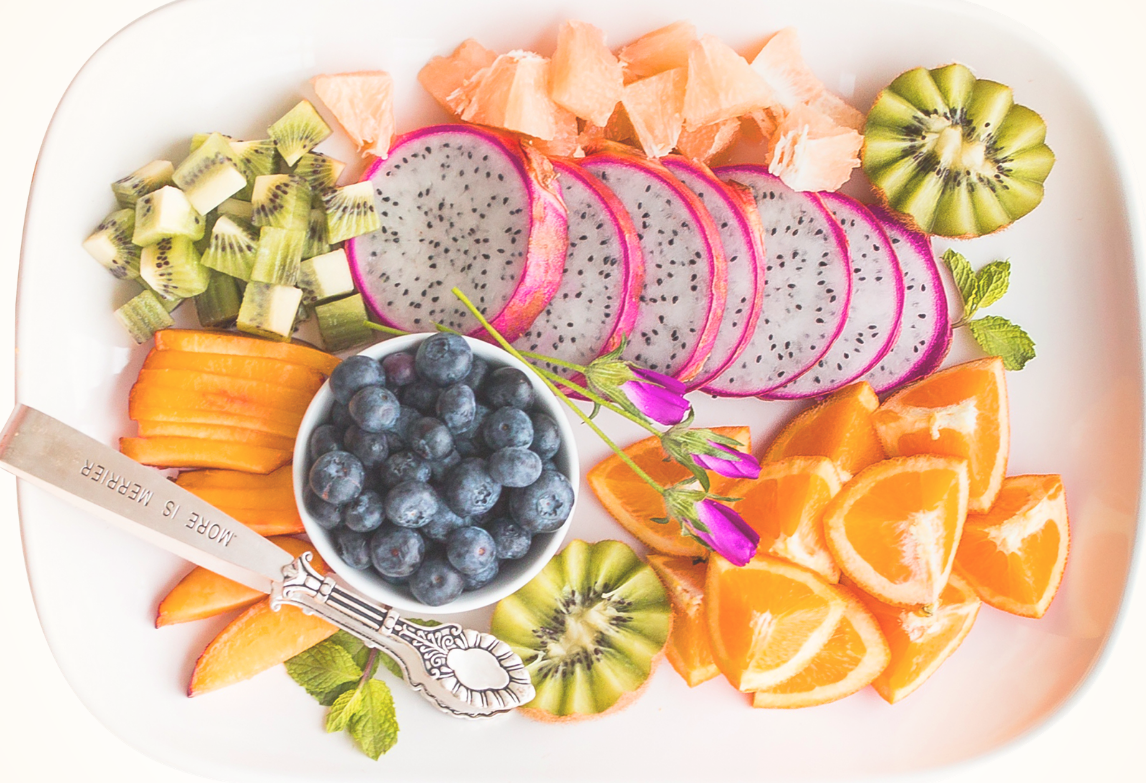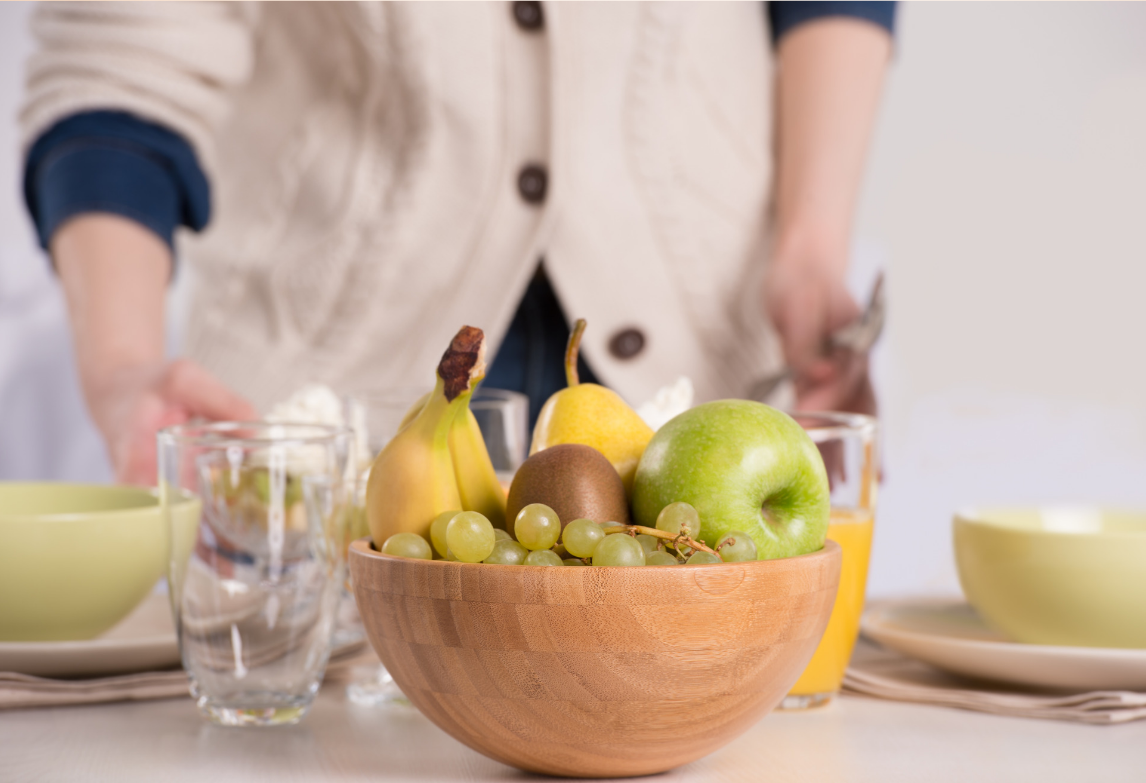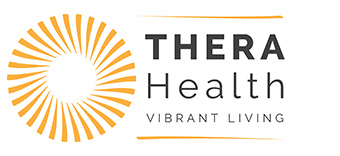The holiday season can often be a season for indulgence for most of us, with the percentage of sugar increasing significantly in our diet. After a few weeks of such consumption, we can be left feeling tired and fatigued. Furthermore, we can experience cravings as well as significant drops in energy when we try and cut back on sugar. In today’s blog post we discuss easy and natural ways to support your blood sugar levels to help you start this year off with stable and steady energy.
Diet
The first step to balancing your blood sugar levels is by watching the foods that you eat. Here are some to consider and others to avoid.
Foods to Try
Low glycemic index foods. The glycemic index (GI) is a measure of the effect that carbohydrate-containing foods have on blood sugar. A high GI score (70 or above) will cause your blood sugar to spike severely while low GI foods only cause a slight rise. Some common low GI foods worth introducing into your diet include:
- Oatmeal
- Pasta
- Most fruits
- Non-starchy vegetables
- Legumes
- Lentils
- Eggs

You’ll notice that there are no meats on this list. That’s because meats don’t contain carbohydrates, so they aren’t a part of the glycemic index.
Fibre. Diets rich in fibre, especially soluble fibre, have been shown to help those with high blood pressure by slowing the digestion of carbohydrates and the absorption of sugar into the body (1). High-fiber foods include fruits, vegetables, legumes and whole grains.
Omega-3s. Omega-3s do many wonderful things for your body, including improving your heart health. But one of their main benefits to those with high blood sugar is that they help keep you feeling fuller for longer. Your body uses the slow-burning omega-3s in place of sugars, so you’ll be less likely to reach for a high-carb snack. Try some of these foods:
- Avocado
- Coconut oil
- Oily fish (salmon, tuna, herring, etc.)
- Nuts
- Olive oil
- Ghee
Foods to Avoid
High glycemic index foods. For the reasons mentioned above, avoid foods that score over 70 on the glycemic index. Some common examples are:
- White bread
- Short-grain rice
- Melons
- Pineapple
- Instant oatmeal
- Potatoes
- Sugary desserts
- Many breakfast cereals (puffed rice, corn flakes, etc.)
Essentially, you want to stay away from highly processed grains and anything very starchy or sugary as these foods will make your blood sugar rise quickly and it will take longer for your body to process all the extra sugar.
Apple Cider Vinegar. Many people take apple cider vinegar regularly for its many health benefits, and studies suggest that it can help to lower blood glucose levels by improving insulin action and increasing glucose uptake (2).
Eating Habits
It might surprise you to know that how you eat can have almost as big of an impact on your overall health as what you eat. Consider introducing some of these techniques to help moderate your blood sugar. They’re also great if you’re trying to lose weight.
Watch your portion sizes. Determine how many kilojoules you ought to be consuming each day, and regulate your portion sizes at meals to ensure you are not overeating. This will not only lessen the blood sugar spike that follows your meals, but it will also help you to eliminate any unnecessary calorie intake. Reducing your caloric intake is a key part of losing weight, and weight loss is one of the best-known ways to lower your risk for diabetes.

Eat slowly. Going hand in hand with portion control is controlling the pace at which you eat. Eating slowly has been shown to improve digestion and to help individuals lose weight because it gives your body the time it needs to recognise that it’s full before you eat more than you need. It’s common for fast eaters to eat far beyond the point of satiety without recognising it because it takes the brain several minutes to send out the signal that it’s had enough. This can also result in higher blood sugar spikes that your body may not be prepared to cope with.
Intermittent fasting. Intermittent fasting is where you set a designated time, usually a range of several hours, for eating, and you don’t consume any foods outside of this window. Studies have suggested that maintaining an intermittent fasting schedule could help to manage blood sugar levels (3). However, not everyone can get accustomed to eating in this way, so this strategy may not work for you.
Spread out your carbs. Spreading out your carbohydrate intake throughout the day will help to avoid the large blood sugar spikes that come with excessive carb consumption. This technique can be used on its own or in combination with intermittent fasting.
Lifestyle Changes
Food is only one part of the equation. Maintaining healthy blood sugar levels often involves making some lifestyle changes as well.
Exercise. Regular exercise has been shown to help increase insulin sensitivity, which enables your body to more easily handle the sugars you are consuming. Exercise can also help you lose weight, and as any doctor will tell you, losing weight is one of the best things you can do to lower your blood sugar and your risk of diabetes.

Stay hydrated. Proper hydration has numerous health benefits. One of the most obvious is that it helps your body flush out toxins. It also works with the kidneys to remove excessive sugars from your blood. Try to stick to water and unsweetened beverages, though. Sugary drinks will only add to the problem.
Get enough rest. Quality sleep has been linked to the regulation of blood sugar levels, insulin sensitivity and cortisol production. Not getting enough sleep has also been shown to cause increased appetite and this often leads to weight gain (4).
Limit your alcohol consumption. Excessive alcohol consumption has been linked to worsening blood sugar control in diabetics (5). This can result in excessively high or low blood sugar levels.
Quit smoking. Nicotine causes insulin resistance, which means that your body’s insulin is unable to remove sugars from the blood as effectively as it should (6). And, of course, smoking causes a host of other health problems as well.
Try to relax. Stress is a major contributing factor to all types of diseases, including diabetes. Consider taking up some type of stress-relieving hobby, like meditation, if you aren’t already doing so.
These are just a few examples of things you can do to improve your health and keep your blood sugar levels within a healthy range. Try one, a few or all of them. Let us know which ones work the best for you.
References
1. Riccardi G., Rivellese, A.A. (1991, Dec.). Effects of dietary fiber and carbohydrate on glucose and lipoprotein metabolism in diabetic patients. Diabetes Care. 14(12):1115-25. (1)
2. Mitrou, P., Petsiou, E., Papakonstantinou, E., Maratou, E., Lambadiari, V., Dimitriadis, P., Spanoudi, F., Raptis, S.A., Dimitriadis, G. (2015). Vinegar Consumption Increases Insulin-Stimulated Glucose Uptake by the Forearm Muscle in Humans with Type 2 Diabetes. Journal of Diabetes Research. 175204.
3. Arnason, T., Bowen, M.W., Mansell, K.D. (2017, Apr. 15). Effects of intermittent fasting on health markers in those with type 2 diabetes: A pilot study. World Journal of Diabetes. 8(4): 154–164.
4. Tasali, E., Leproult, R., Ehrmann, D.A., Van Cauter, E. (2008, Jan. 22). Slow-wave sleep and the risk of type 2 diabetes in humans. Proceedings of the National Academy of Sciences of the United States of America. 105(3): 1044–1049.
5. Emanuele, N.V., Swade, T.F., Emanuele, M.A. (1998). Consequences of Alcohol Use in Diabetics. Alcohol Health & Research World. 22(3): 211-219.
6. Bajaj, M. (2012, Dec.) Nicotine and Insulin Resistance: When the Smoke Clears. Diabetes. 61(12): 3078–3080
BY ENZYMEDICA
Enzymedica is a Florida based company that offers the highest-quality enzyme products possible. Today, as one of the global leaders in the industry, Enzymedica strives to ensure that their products are clean, sustainable and highly effective. Find out more about Enzymedica.







Leave a Reply
Want to join the discussion?Feel free to contribute!